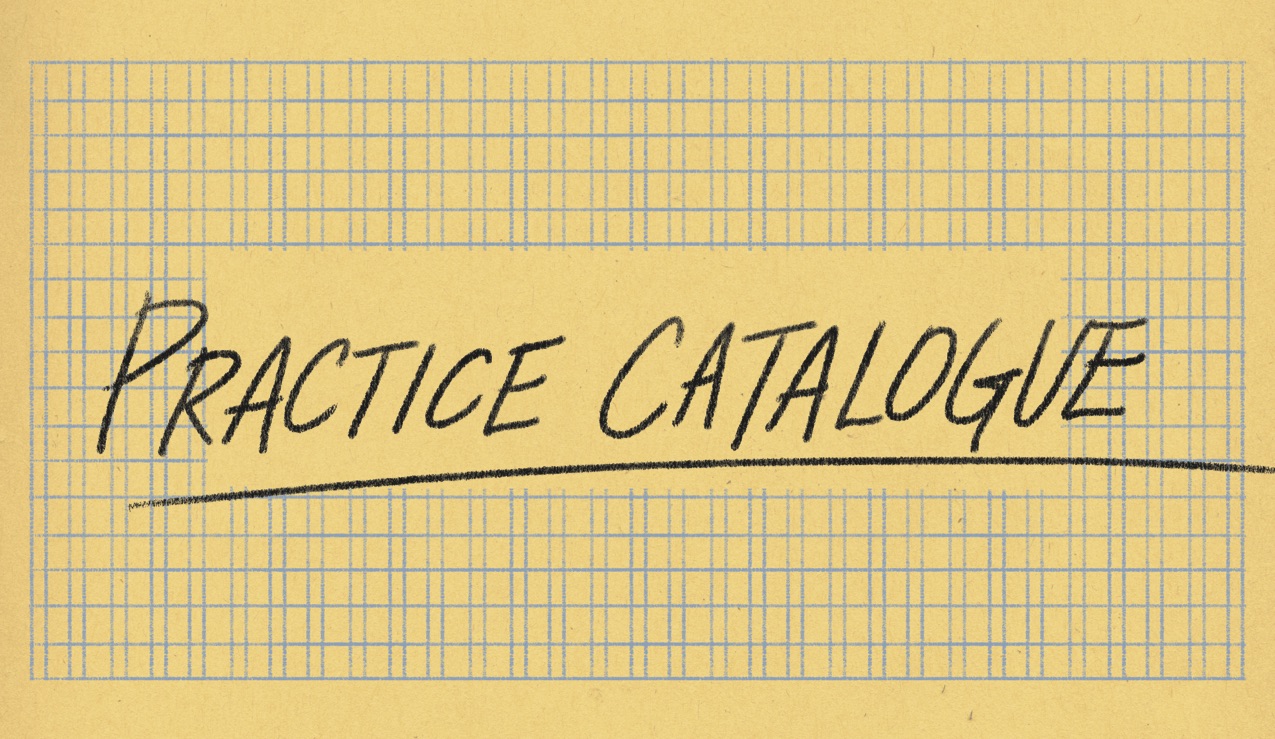Turning
Some history: The word prose came into English by way of the Latin prorsus, itself the contracted form of proversus, “to move forward,” as in Cicero’s prosa oratio, “speech going straight ahead without turn.” Notice, however, that this Latin root of prose has in it the root for verse. It comes from the Greek word verso, the little mechanism on a plow that allowed the farmer to turn a furrow––or, in terms of literature, a line. In Latin, verso became versus and its verb form vertere, meaning “to turn,” hence the English vertex, vertigo, and even the word conversant (“one capable of spinning an interesting tale”). In other words, when a line of poetry bumps up against whatever it bumps up against––death, confusion, the other, unknowns, a rough and rooty patch of impenetrable earth––the line gets to turn around, start over, make as many running charges at its subject as it wants.
[John D’Agata, The Next American Essay]
